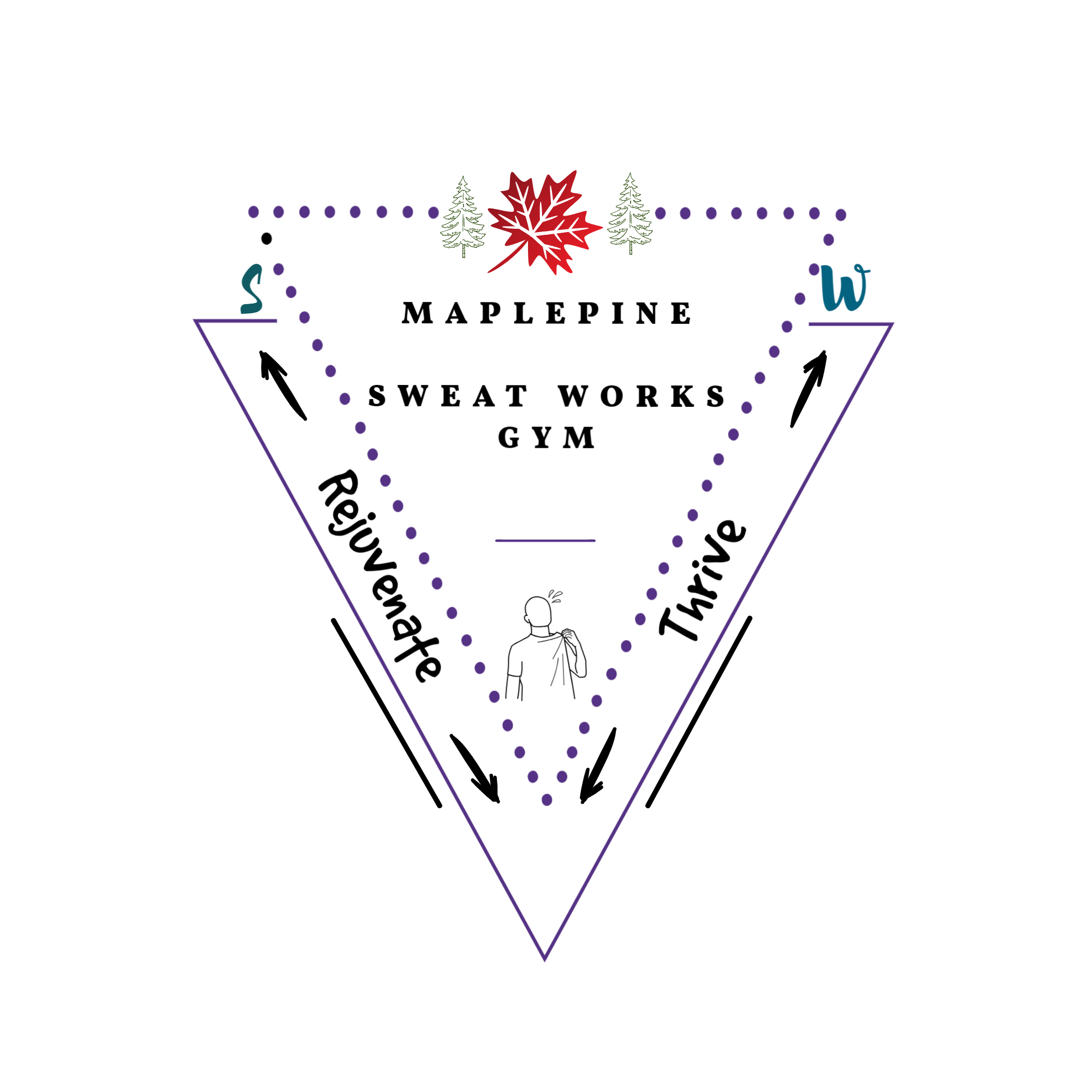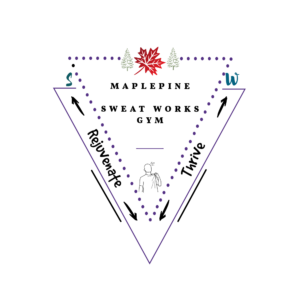“Starting a workout routine is easy; I’ve done it a hundred times!” Now it’s time to finish what you once started.
The concept of hitting the gym solely to bulk up has intrigued me for a long time, but if that’s your specific goal for sport or life, the approach needs careful consideration.
In this discussion, we break down the notion of aimless gym sessions. The first question to ask is: What do you want? Whether you’re a football player, track athlete, golfer, or even a farmer, hitting the gym for heavy weights isn’t necessarily beneficial. In fact, it could slow you down and hinder your actual goals.
Transferring activities from your daily routine should enhance rather than impede, and timing is crucial. Intense workouts during the middle of a sports season, for instance, are unlikely to provide much benefit.
Reflecting on my own experience under a university coach, weights were introduced as part of our training regimen. In our eagerness, we approached it vigorously. However, over weeks, I gained nearly 5 kg of muscle weight, which, for a distance runner like me, was more of a hindrance than assistance. Would I carry an extra 5 kg on race day? Of course not. Therefore, why carry 5 kg of unnecessary muscle weight?
In my understanding, “sport-specific” training is tailored to your particular sport or activity, emphasizing perfect practice to enhance skills. Substituting this practice with weightlifting isn’t ideal. Instead, strategic use of weights to strengthen muscles, joints, and the body overall is key to “sport-specific weight training.”
Many individuals start gym routines without a clear goal and quickly lose motivation. It’s crucial to realize that muscles need targeted work to get stronger. Simply lifting weights randomly won’t necessarily improve strength or speed; it’s about building functional strength.
Consider these points:
- Implement efficient full-body strength programs two to three times weekly, focusing on key muscle groups specific to your sport.
- Use controlled, high-level movements across 7 to 10 exercises, transitioning smoothly and quickly between them.
Practice is vital, but correct practice is even more crucial. Practicing a flawed technique repetitively achieves little. Consistent, correct practice is the key to improvement.
Become a student of your sport or activity. Develop visual and auditory skills to anticipate plays and enhance communication, thereby improving your effectiveness. In summary, whether you’re in the gym or on the field, the approach should be purposeful and aligned with your goals. Effective training isn’t just about lifting weights; it’s about enhancing performance through tailored, thoughtful practice and conditioning.

